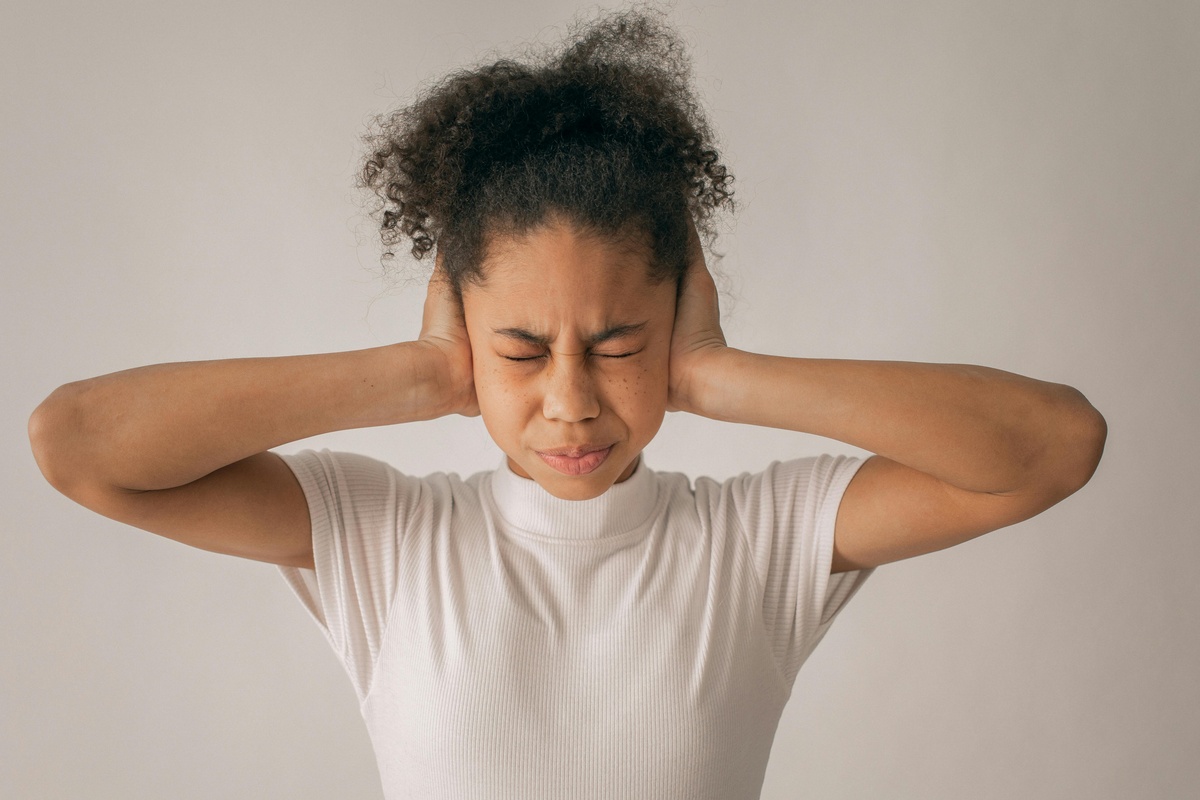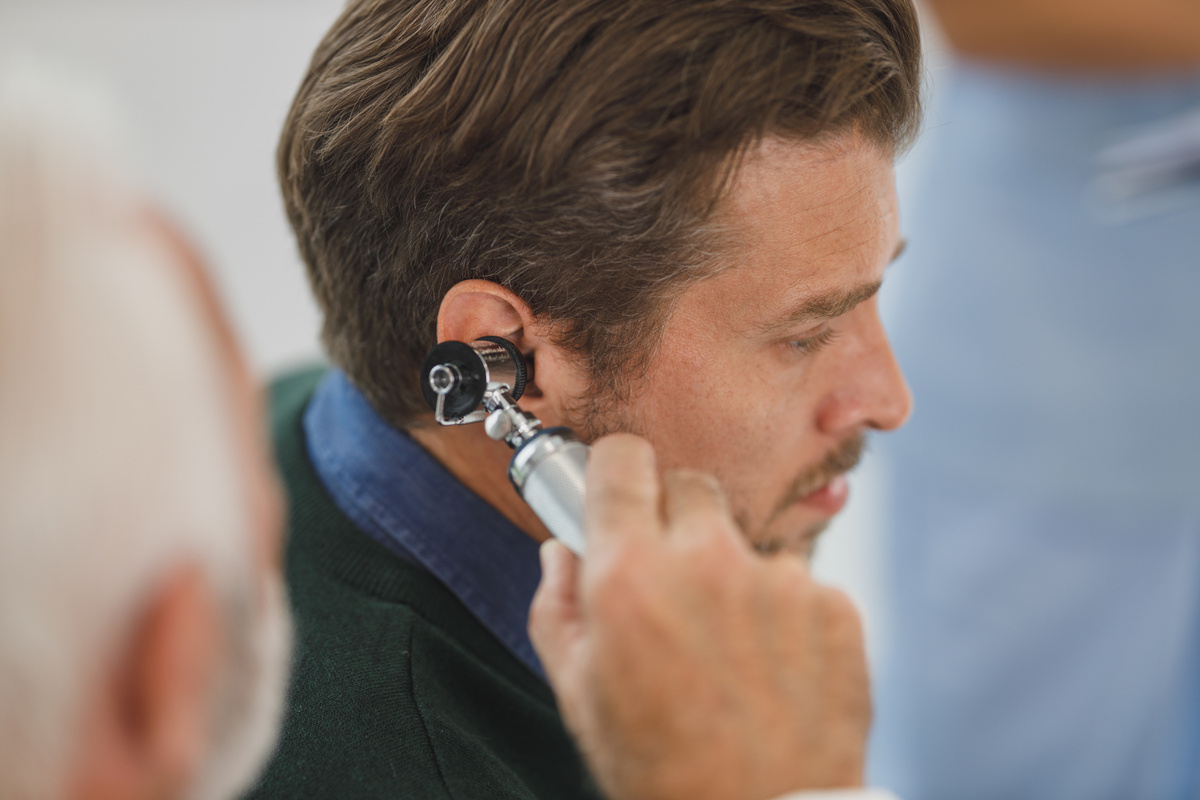
Ear Infections and Flying on Aeroplanes
Flying is often an exciting experience, whether you're headed to a wonderful holiday location or seeing distant friends or relatives. However, flying may become a concern if you're dealing with an ear infection. Ear infections can cause discomfort, especially during a flight, where changes in air pressure can exacerbate symptoms.
This article explores whether it's safe to fly with an ear infection, and will also answer questions on flying with a perforated eardrum, blocked ears and inner ear problems. Learn about the potential risks of ear infection and flying, and discover how to manage your symptoms for a more comfortable journey. Additionally, we'll cover essential information about flight delays, cancellations, overbooking, and luggage problems to help you navigate any travel disruptions.
Understanding Ear Infections
Ear infections occur when the middle ear becomes inflamed, usually due to bacteria or viruses entering through the small tube inside your ear. This tube connects the middle ear to the back of the throat and helps to equalise pressure. When it becomes blocked or swollen, fluid can build up, leading to an infection.
Common symptoms include ear pain, a feeling of fullness in the ear, reduced hearing, and sometimes fluid drainage. In children, ear infections can also cause irritability, difficulty sleeping, and fever. Pressure changes during a flight, especially during takeoff and landing, can exacerbate these symptoms due to rapid changes in cabin pressure. This can lead to increased discomfort, sharp pain, and further hearing reduction. It's essential to manage these symptoms effectively, especially if you have an ear infection while flying, as untreated cases can lead to complications, such as hearing loss or the spread of infection.

Image by Direct Media from StockSnap.
Flying with an Ear Infection
Can You Fly With an Ear Infection?
Whether you can fly with an ear infection or not largely depends on the severity of your condition and professional medical advice. For those with mild symptoms, such as slight discomfort or minor hearing reduction, flying might be possible if your doctor approves. However, you'll need to take proper precautions to manage your symptoms. Precautions can include using decongestants or nasal sprays to reduce ear pressure, staying hydrated, and using special earplugs designed for air travel.
That being said, if your symptoms are more severe, such as intense pain, significant hearing loss, or fluid discharge, it's advisable to postpone your flight. Severe ear infections can worsen with the pressure changes experienced during takeoff and landing, potentially leading to serious complications like a perforated eardrum. Always consult with your healthcare provider before making a decision, as they can offer personalised advice based on the specifics of your ear infection and overall health, and answer any questions or doubts about taking flight with an ear infection.
Potential Risks of Flying With an Ear Infection
Ear infection flight risks include:
Increased Pain: The changes in cabin pressure during takeoff and landing can cause significant pain if you have an ear infection.
Eardrum Damage: Severe pressure changes might lead to a perforated eardrum.
Prolonged Symptoms: Flying might worsen your condition, leading to prolonged recovery.
Tips for Air Flight With an Ear Infection
If you must fly with an ear infection, consider the following tips to manage your symptoms:
Consult Your Doctor: Always seek medical advice before flying. Your doctor may prescribe medications to manage pain and inflammation.
Use Decongestants: Taking decongestants before the flight can help reduce ear pressure.
Stay Hydrated: Drink plenty of water to stay hydrated, which can help maintain proper ear function.
Chew Gum: Chewing gum during takeoff and landing can help to equalise ear pressure.
Use Earplugs: Special earplugs designed for flying can help regulate pressure changes.
What To Do if You Experience Ear Pain During a Flight
If you experience ear pain during a flight, try the following methods to alleviate discomfort:
Yawning and Swallowing: These actions can help open the tubes inside your ears and equalise pressure.
Warm Compress: Applying a warm compress to your ear can soothe pain.
Avoid Sleeping During Descent: Stay awake during descent to actively manage pressure changes.
Following these tips could also help to minimise any earaches or discomfort that you may have experienced during your trip aboard the aeroplane.
Flight Delays, Cancellations, and Overbooking
Travel disruptions can be frustrating, especially if you already have an ear infection. Understanding your air passenger rights can help you manage these situations more effectively.
Flight Delays
Under EC 261, if your flight is delayed for more than three hours, you may be entitled to compensation of up to £520, depending on the distance of your flight and the length of the delay.
Flight Cancellations
If your flight is cancelled less than 14 days before departure, you might be entitled to compensation. Ensure you receive care, such as meals, refreshments, and accommodation if necessary.
Overbooking
If you're denied boarding due to overbooking, then you are entitled to compensation, an alternative flight, or a full refund, along with care while you wait.
Luggage Problems
Dealing with lost, delayed, or damaged luggage can significantly add to the stress of travelling, especially if you're already dealing with an ear infection. Knowing how to handle these situations can help alleviate some of that stress and ensure you receive the compensation and assistance you're entitled to.
Lost Luggage
If your luggage is lost, report it immediately at the airport's baggage claim desk. The airline will typically provide a Property Irregularity Report (PIR), which you'll need to keep for your claim. You're entitled to reimbursement for essential items you need to purchase while waiting for your luggage to be found. Make sure to keep all receipts for these items, as they will be necessary for your claim. If the luggage is not found within a certain period, the airline may be required to compensate you for the value of your lost belongings. Your luggage is considered lost 21 days after its expected arrival date, or sooner if the airline acknowledges it is lost.
Delayed Luggage
In the case of delayed luggage, it's crucial to keep receipts for any essential items you purchase during the waiting period. Airlines are generally required to reimburse passengers for reasonable expenses incurred due to delayed luggage. This can include clothing, toiletries, and other necessary items. Be sure to file a report at the airport and keep the provided documentation, as you'll need it to submit a claim for reimbursement. You have 21 days from the time you receive your bags to file this claimAirlines typically have specific timeframes and procedures for these claims, so act promptly to ensure you're covered.
Damaged Luggage
If your luggage is damaged, you should report it immediately at the airport's baggage claim desk. Ask for a damage report from the airline, as this will be essential for your claim. You should file a claim within 7 days of receiving your damaged luggage. Airlines are generally obligated to repair or replace the damaged luggage or compensate you for the repair costs. It's also advisable to take photos of the damage and keep any receipts related to the repair or replacement of your luggage. Prompt action and thorough documentation can significantly increase the likelihood of a successful claim.
Frequently Asked Questions for Passengers Flying with an Ear Infection
Can you fly with a perforated eardrum?
Flying with a perforated eardrum requires careful consideration. It's essential to consult your doctor beforehand as doing so could potentially lead to severe pain and exacerbate the existing damage.
Should you fly with an ear infection while on antibiotics?
If you’re on antibiotics and your symptoms are mild, your doctor may allow you to fly. Always follow medical advice.
Can you fly with blocked ears?
Flying with blocked ears can be quite uncomfortable due to the pressure changes during ascent and descent. It's advisable to use decongestants or earplugs to help regulate and equalize the pressure inside your ears. This can significantly alleviate discomfort and prevent potential complications during the flight.
What should you do if you get an ear infection after a plane ride?
If you develop an ear infection after a plane ride, it's crucial to seek prompt medical attention. This proactive approach is essential for effectively managing your symptoms and preventing potential complications that could arise from the infection. Consulting with a healthcare professional will ensure that you receive appropriate treatment tailored to your specific condition, helping to alleviate discomfort and promote a swift recovery.
Is air flight with an ear infection dangerous?
Air flight with an ear infection can pose risks, particularly if your symptoms are severe. It's highly advisable to consult with your doctor before flying to assess whether it is safe for you to travel. Flying with an ear infection could potentially worsen symptoms due to changes in air pressure during take-off and landing, which may exacerbate pain and discomfort. Your doctor can provide personalized advice and recommend appropriate measures to manage your condition during air travel, ensuring your safety and comfort throughout the journey.